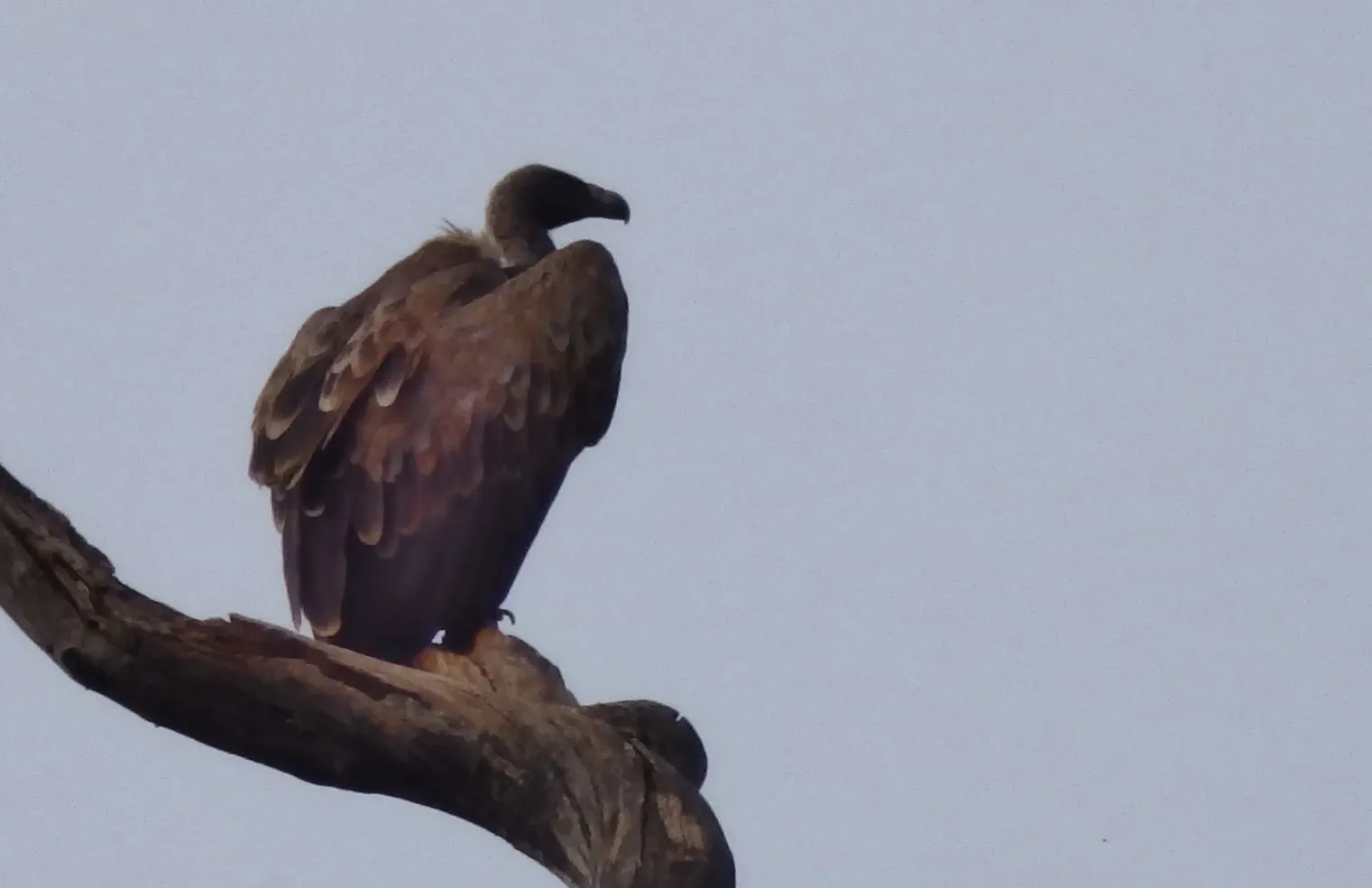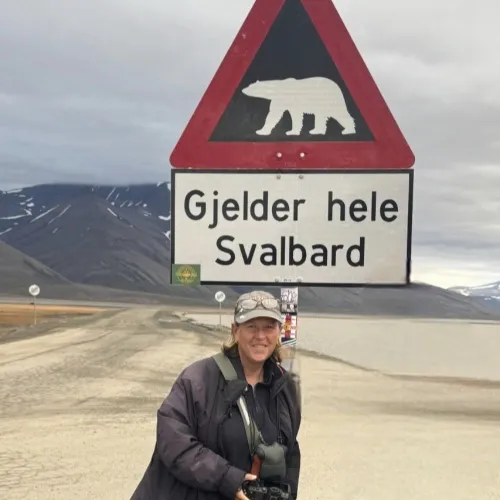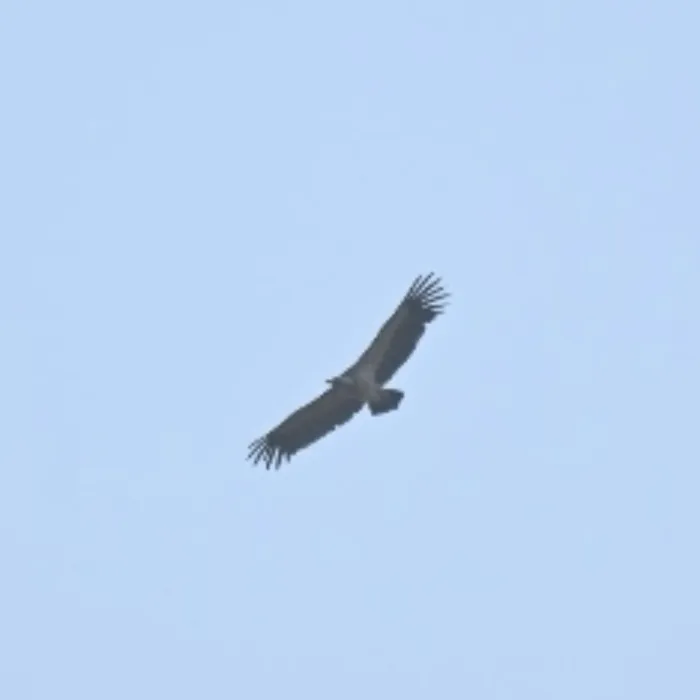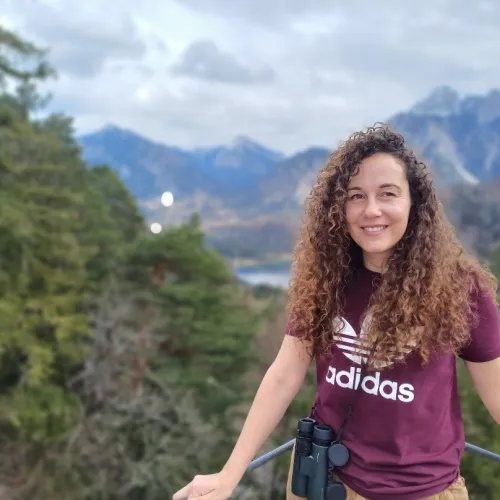
Indian Vulture
Indian Vulture
100
20 hours ago

Spotted by
The Indian Vulture is a medium-sized Old World vulture, endemic to India, Pakistan, and Nepal. It is critically endangered due to the use of diclofenac, which has caused rapid population declines across its range.
Where to spot
Primarily in central and western India, and parts of Pakistan and Nepal, favoring dry open country and rocky areas. Populations are severely depleted and localized.
How to spot
Look for its pale body, dark flight feathers, and bare black head. Distinguished from other Gyps vultures by range and specific plumage details. Best observed soaring or around carcasses, though sightings are now very challenging.
When to spot
Year-round, active during daylight. Observations are increasingly rare, so any sighting is notable.
Where to spot
Primarily in central and western India, and parts of Pakistan and Nepal, favoring dry open country and rocky areas. Populations are severely depleted and localized.
How to spot
Look for its pale body, dark flight feathers, and bare black head. Distinguished from other Gyps vultures by range and specific plumage details. Best observed soaring or around carcasses, though sightings are now very challenging.
When to spot
Year-round, active during daylight. Observations are increasingly rare, so any sighting is notable.
This species used to nest predominantly on cliffs and large trees, and some populations have adapted to nesting on artificial structures in urban environments, showcasing their resilience despite threats.





















